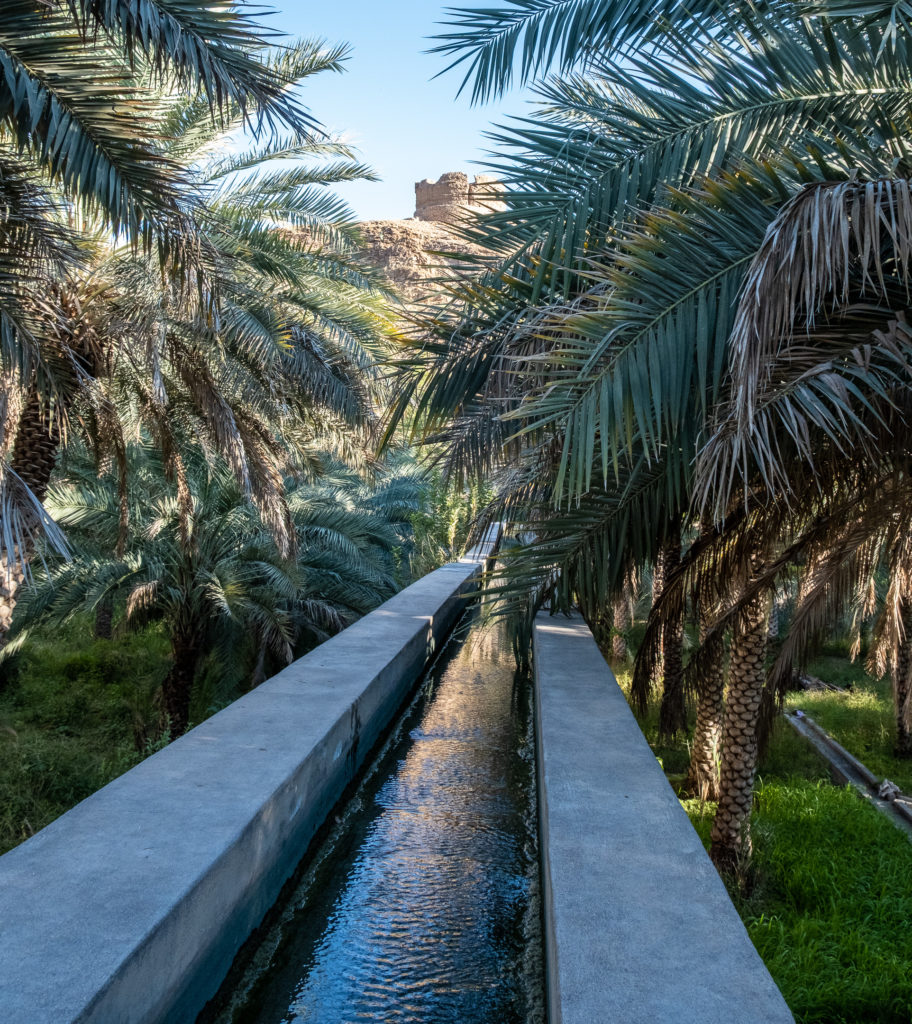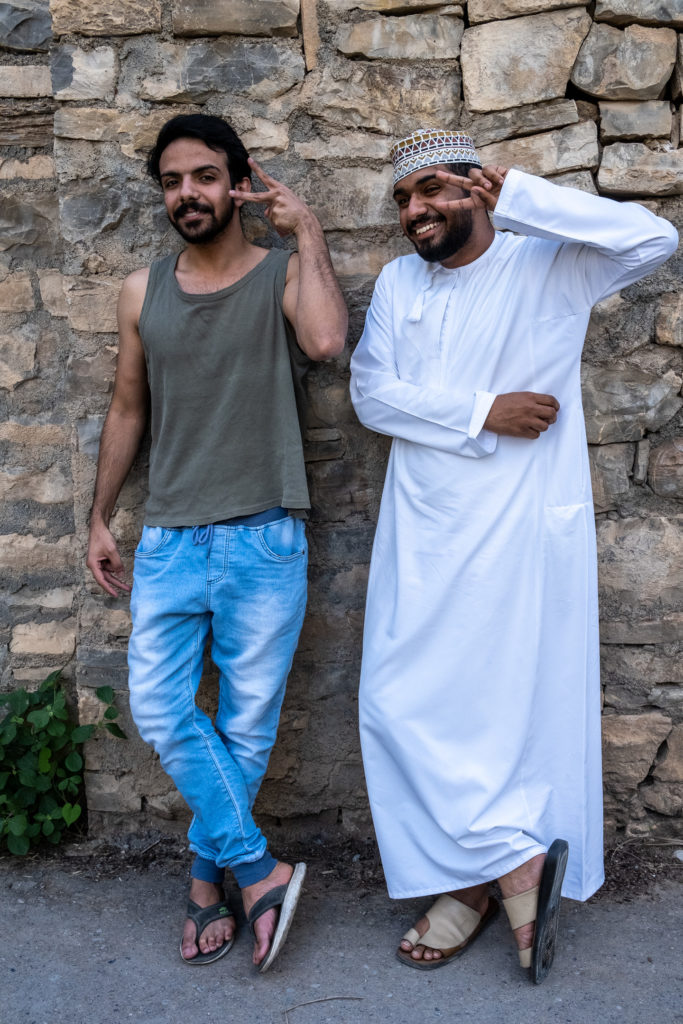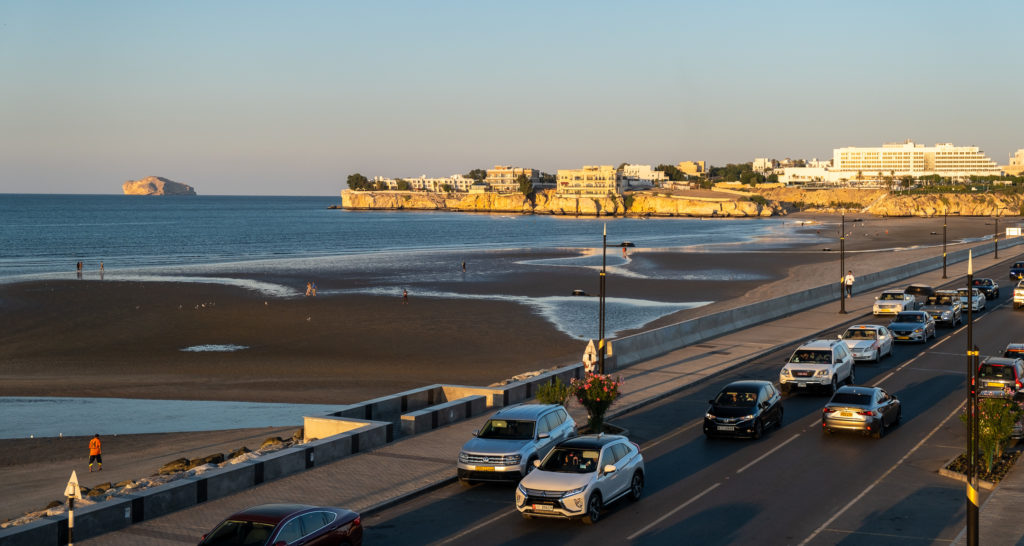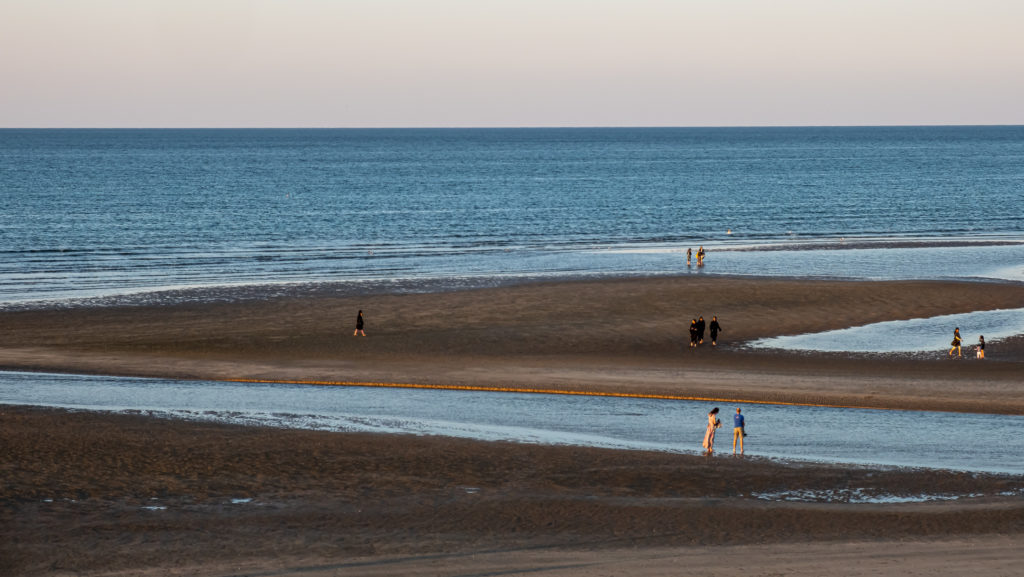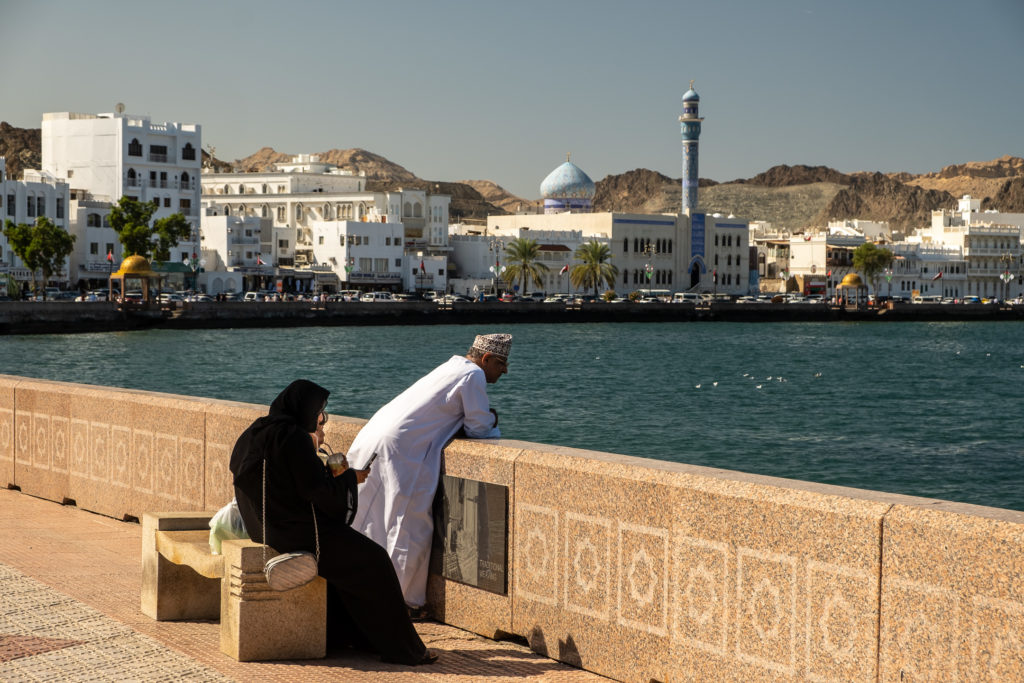
Next up on our epic middle east adventure, Oman (or as I call it Oh, Man! for the number of times I said that as we drove around). The natural beauty is astounding. Not at all what you expect in the Middle East. (See pics.) Yes, it’s desert, but, the low mountains break up the vista in a most pleasing way. They are rugged but not tall. About the elevation of the Santa Monica Mountains in Topanga Canyon. The Omanis are well aware of and very proud of their geographic uniqueness among the desert nations. If there were buttons on those dishdashas* they would be bursting. (*The long robe type traditional garments worn by men in the gulf region and also called thobes, thaubs, and thawbs.) If you are a very amenable guest in Oman you might be treated to a brief and entertaining lecture on the traditional clothing (including underwear) with demonstration. One is hardly ever aware of how impoverished their cross cultural knowledge base is until one gets a gander of some Omani “underpants” – a long, ankle-length slip really. (P.s. under jeans which young Omani nationals wear often, it’s just boring old boxer/briefs. No demo required.)
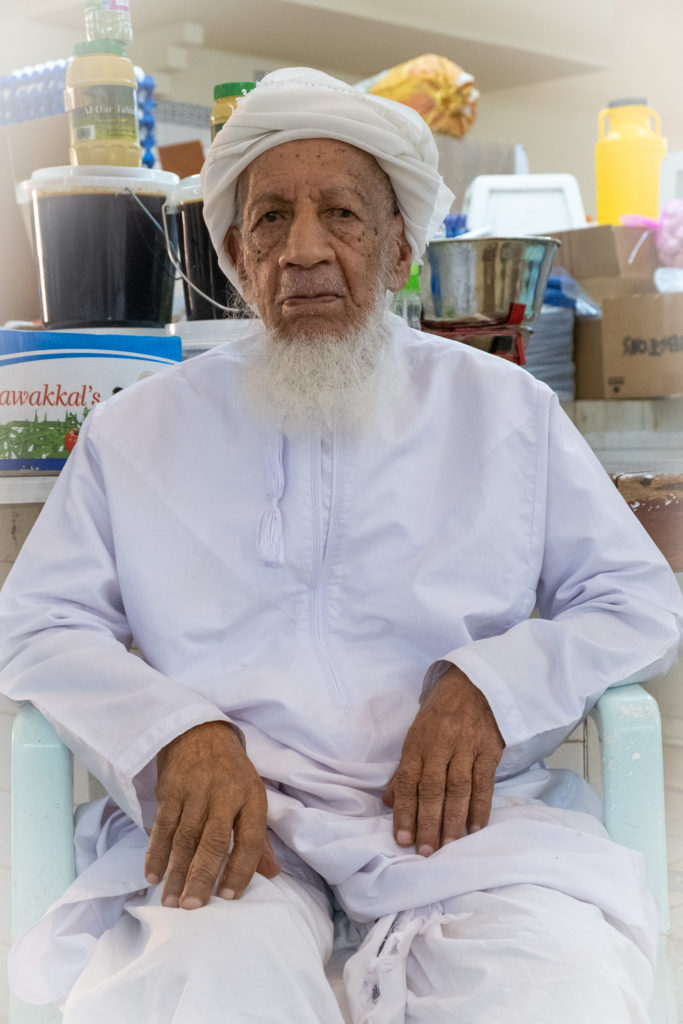
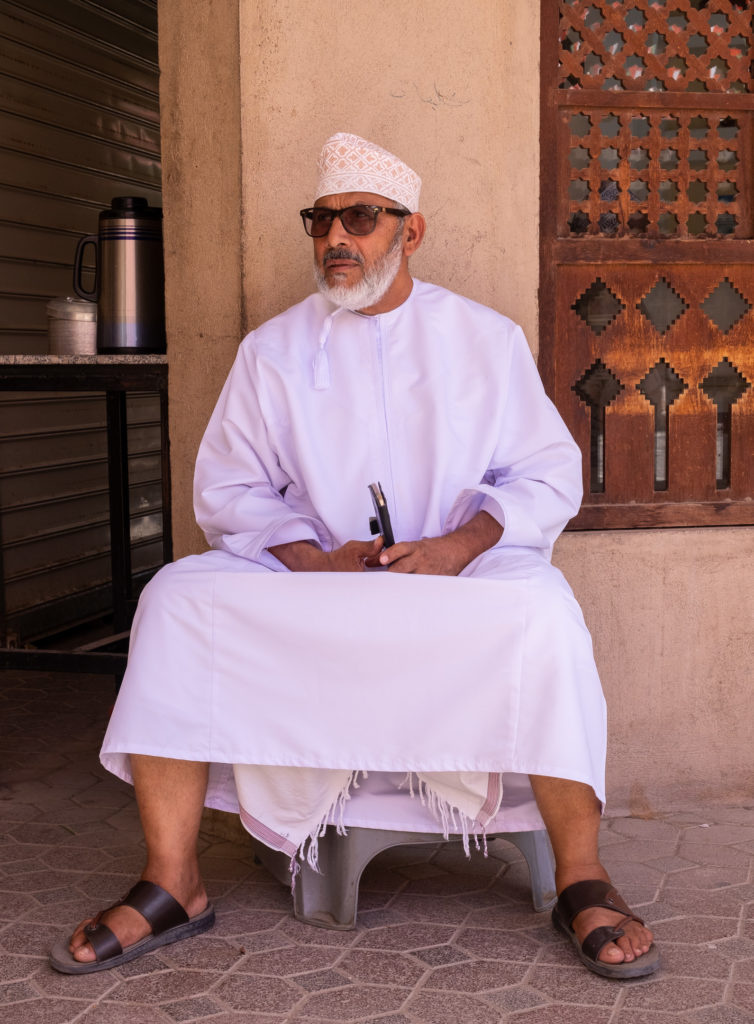
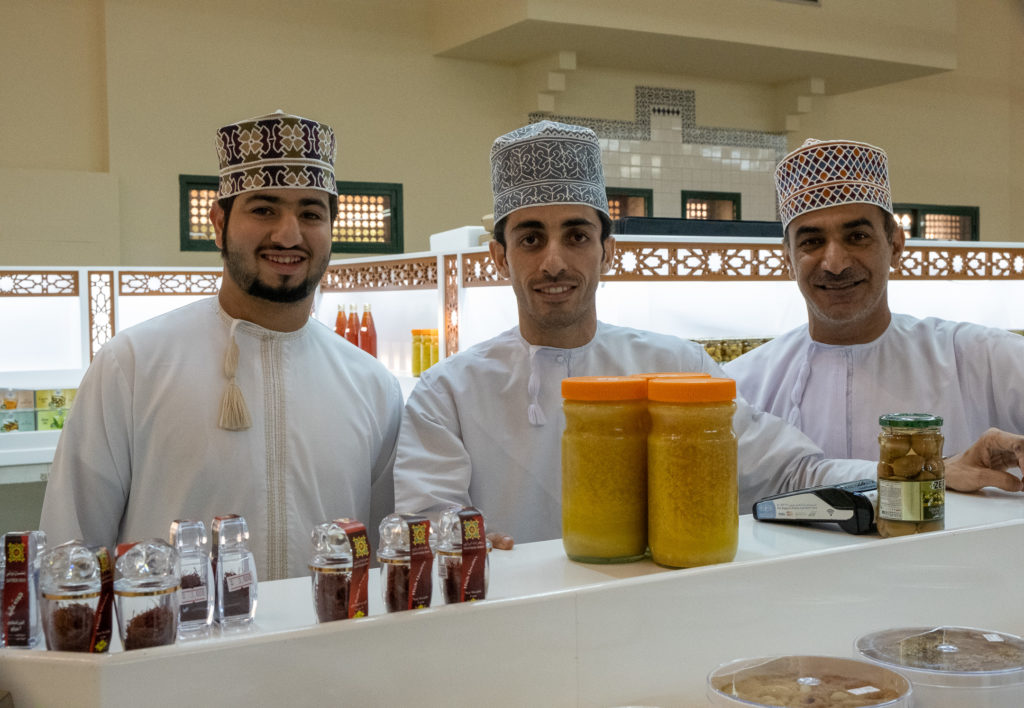
By the way, there are regional and national features of dress which are distinctive to the traditional clothing among all of the desert nations, including the headgear, which enables everybody (but me) to tell at a glance exactly wherefrom someone hails. I.e. which country. (My brain just doesn’t work that way. I think you have to be from there to be able to decode the finer distinctions.) Interestingly, clothing in middle eastern culture has NOTHING to do with religion. It’s about tradition and it only reflects religious devotion is as much as certain passages in the Quran make some suggestions about modesty and decorum. Some individuals, just as some cultures as a whole, take these suggestions more or less to heart than others of the Muslim faith. Since a vast majority of the nearly 4 million Omani residents are Muslim you can factor in the peer pressure which may or may not be an outgrowth of religious devotion, and it won’t be surprising that most Omanis (especially the females who are noted to have far fewer rights) do prefer the traditional apparel, however it’s erroneous to make the assumption that Arabs must comply with any dress code. As I understand it, the Quran makes suggestions for devotees about “coverage” and every other aspect of life. And, I do mean EVERY. One that we can actually discuss in polite company for instance: it is suggested that men should walk in an erect manner with purpose and dignity and NOT speed. A slow gait is actually pleasing to Allah. Who knew?
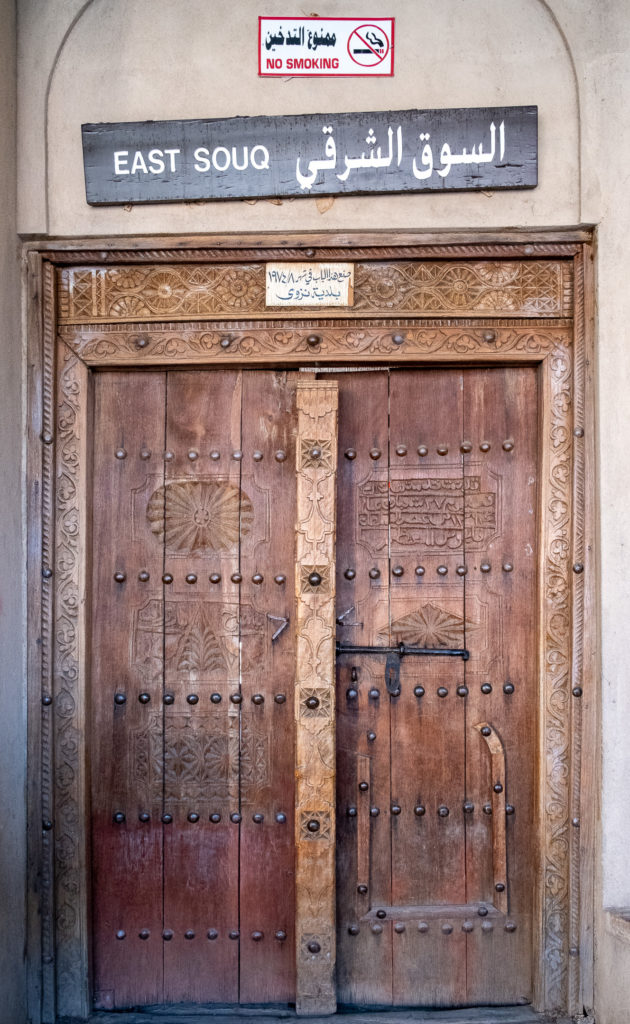
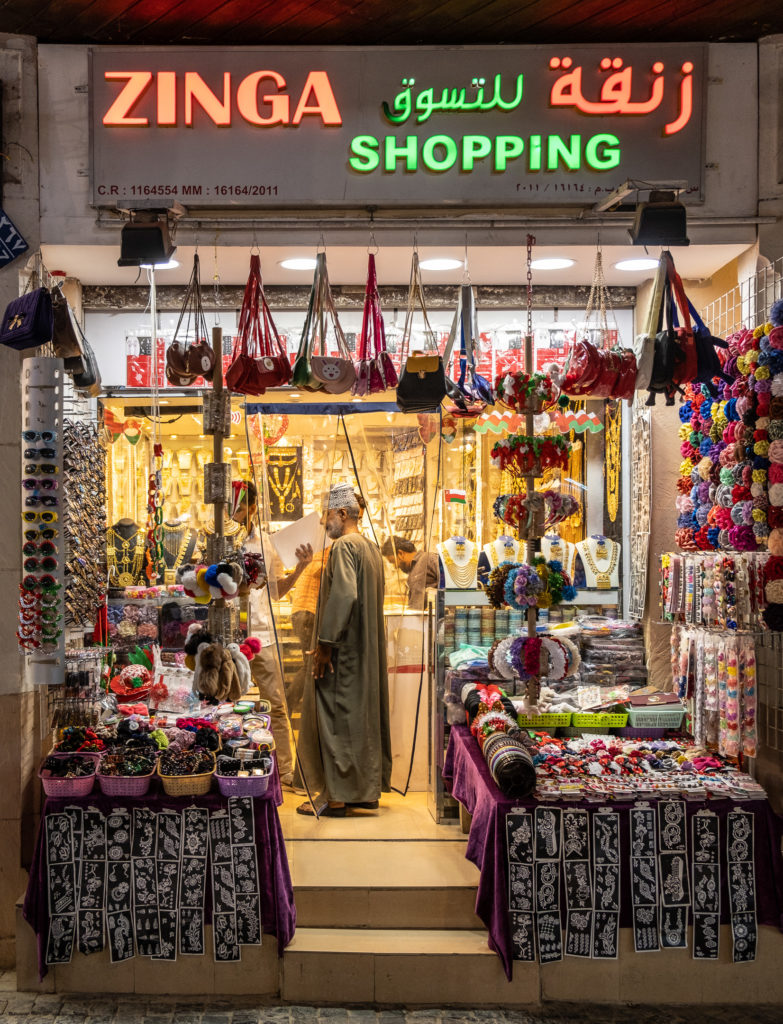
I hope I’m remembering correctly that it was the airport in Muscat that I consider one of the top if not THE top aesthetically pleasing airports in the world. (And, you know, Desto3 travelers have seen a few.) Clearly somebody made an effort here to stand out among the airports of the world. Rather than cave-like tunnels, the terminals are lit in hues of blue and adorned with large potted plants giving the weary traveler the sensation of moving languidly through a body of water rather than hustling down a sterile corridor.
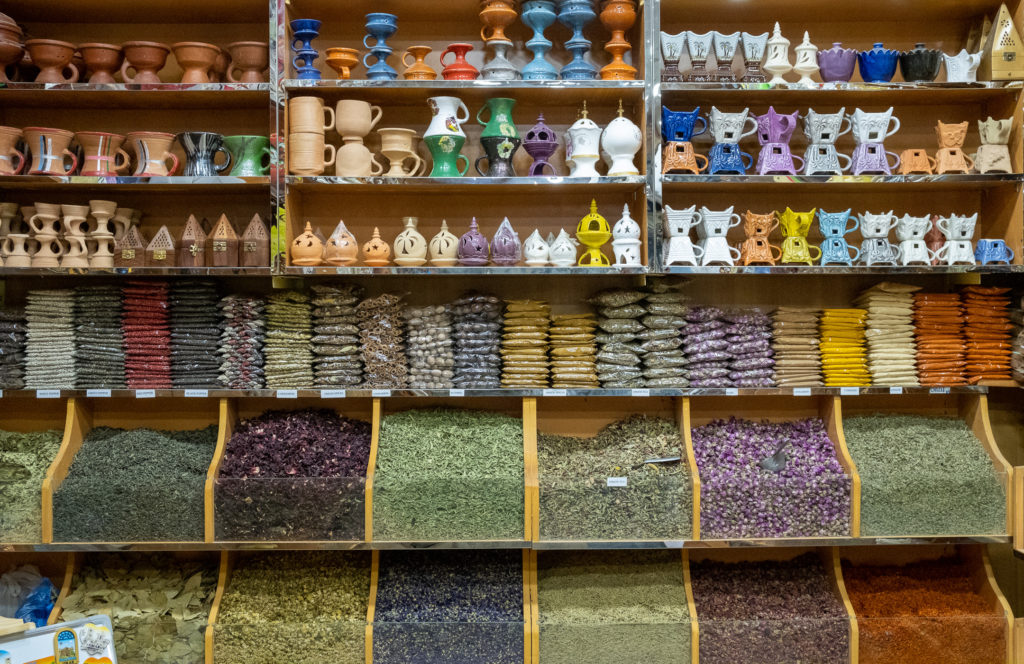
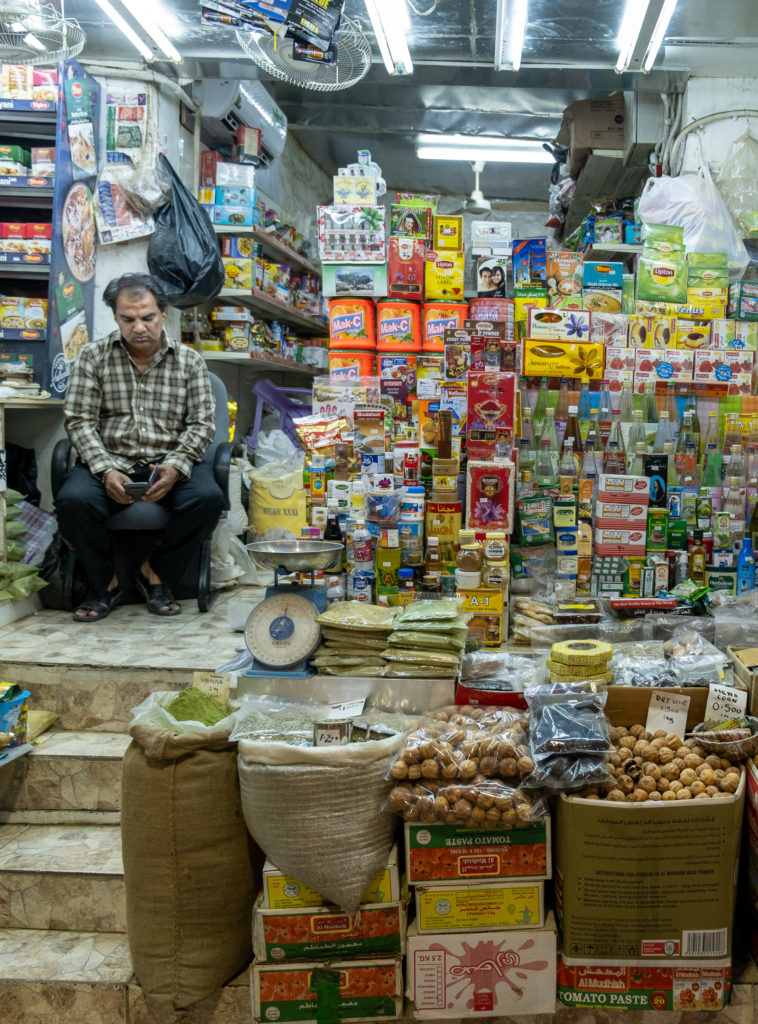
Other features of our Omani adventure also made this small nation stand out. For instance, Oman was actually the only M.E. country that hooked us up with a local (Omani-Arab) guide rather than an expat. Expat workers and professional tour guides, no matter how in love they are with their adopted homes, can only give you insights from their perspective outside the culture. Local Arab guides have a very unique perspective. Ours was an early twenty something youngster fresh out of university who may indeed have been on his very first guiding assignment. The millennial generation of these nations are now expected to go to university and also to find gainful employment. In the other countries, local young people work mostly in ministerial positions or at least bureaucratic jobs like posts in immigration or even in the travel sector (airports, etc.). The university in Oman has a large tourism program and Oman is actively cultivating tourism as a viable industry. So look for and even ask for a local guide if possible. Why? Just for instance I doubt very much that an expat guide will be able to fill you in on the finer points of Arab youth culture. Things like what it is to be a “chicken nugget”. (An Arab who’s “brown on the outside and white on the inside”.) In no country is it a compliment to be a “sellout” of one’s culture, however it was a designation that produced a lot of mirth among our new young Omani friends. I suspect, like many insults, context is of supreme importance. If you are carting old white dudes around all day and giving them the Down Low on every aspect of your country and your culture without censoring the story your friends are going to call you a chicken nugget. That’s just how it goes.
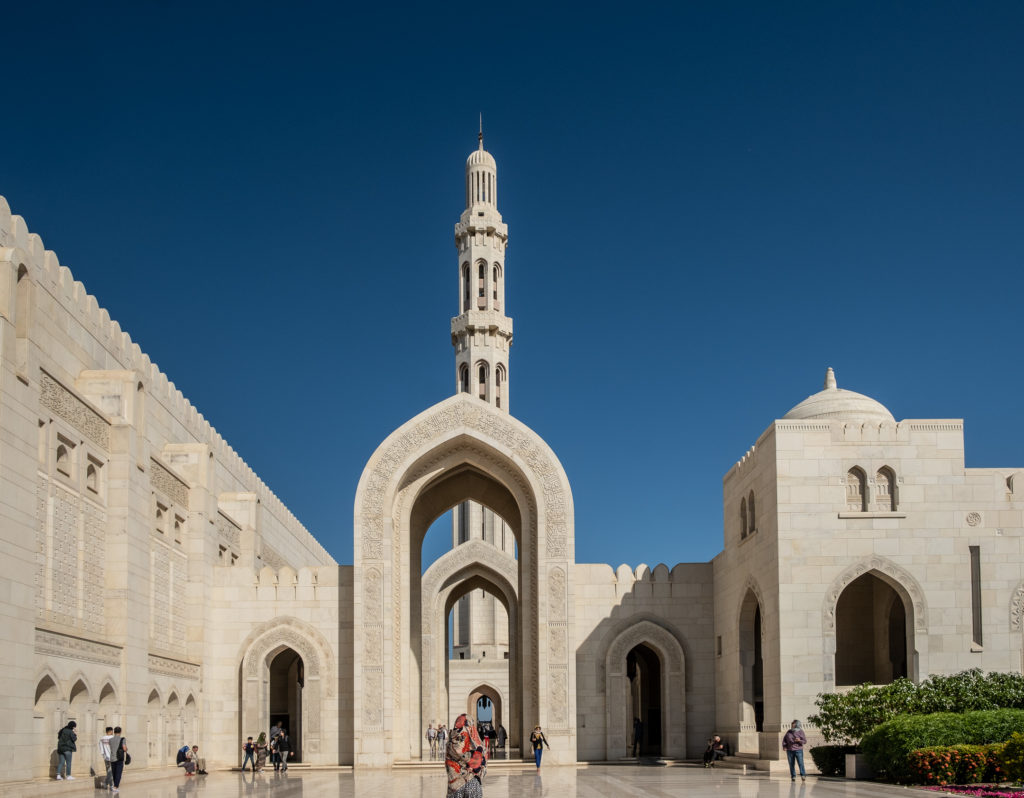
Another perk of utilizing a local guide is the network they have among other locals. Only in Oman did we get to glimpse inside what it’s like to be a young working Arab or a young Arab university student. Guess what? It’s a lot like, almost exactly like, being a young American. It involves coded greetings much like secret handshakes and plans for future music events and midday video game sessions and doing favors for a buddy at a moment’s notice to impress a client and making sure to pick up a special treat (something called Omani sweets – like a gooey fudge) for your mama whom you will visit on the weekend. So, in this case we swung by to pick up a buddy who had knowledge of the famed irrigation channels built among the Omani residences and he dropped everything to become a guide to our guide. A guide + one if you will. It produced a most excellent experience wherein one of us (not I) scampered up a twenty foot wall with two much much younger men and proceeded to gather pure photographic gold, both in terms of pictures AND experience. How often do you get to caper up a world heritage site (there are five of these in Oman) with local guides and nary another tourist in sight? Never. So, if the offer presents itself, my advice is, go for it.
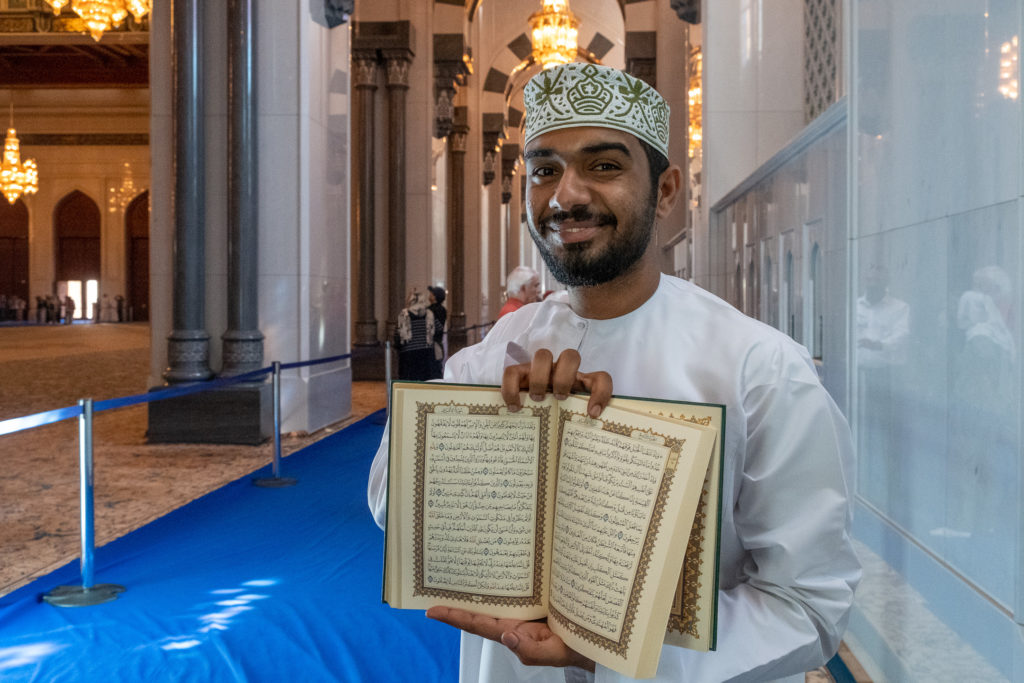
Also, in Oman, do not miss the Nizwa Castle, part fort and part Castle, and be aware that Nizwa, since 2006 has been the official Islamic Cultural Capitol, aka “the egg” of Islam since it is in Nizwa that you will find most serious students and scholars of Islam and the Quran.
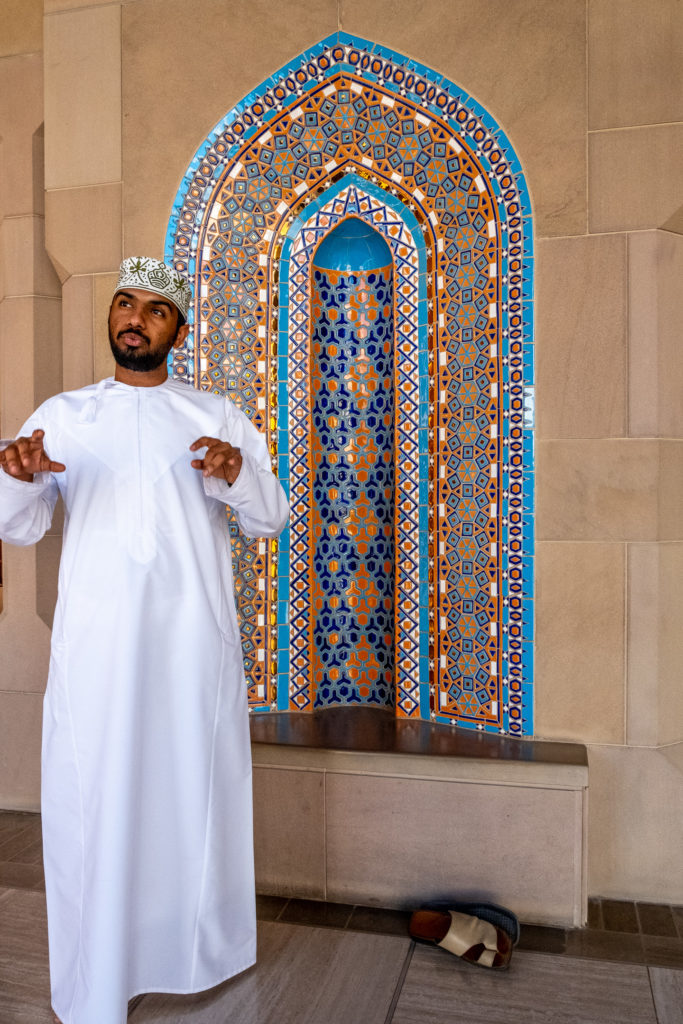
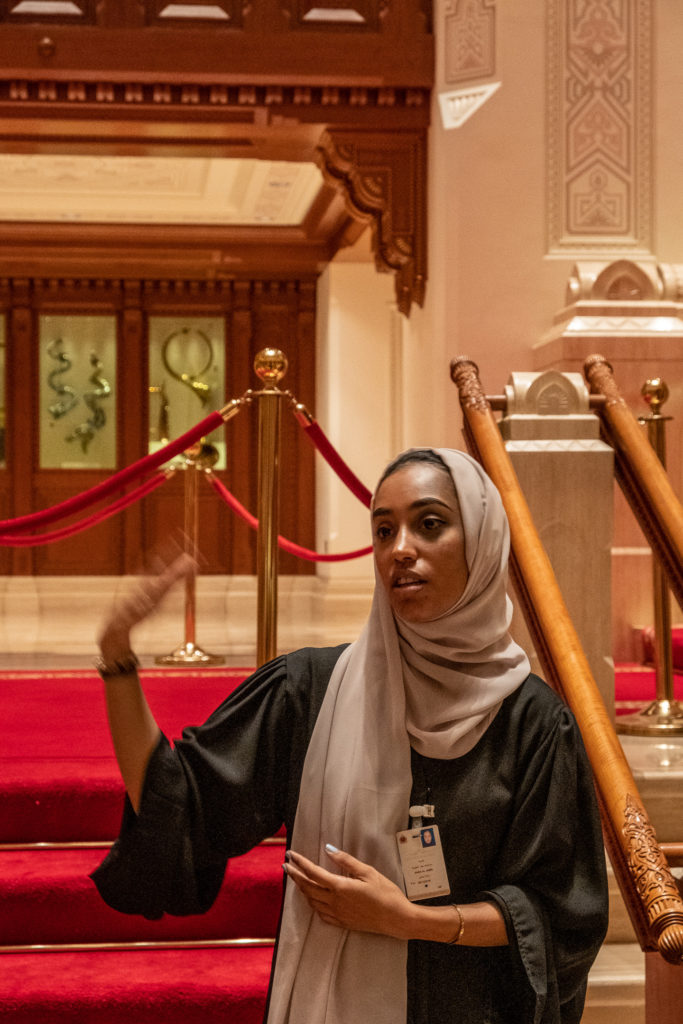
A final note on the government of Oman: it is a sultanate and as such there are no elections. All ministers within the Omani government are appointed and serve at the pleasure of the sultan. When Omani citizens turn 23 years old they are able to claim a parcel of land near to where they were born. They are free to build and live on it or develop it commercially (within zoning limits). Since the population of Oman is extremely young, (almost half of Omanis are under age 15), this practice seems unsustainable. Won’t they soon run out of parcels? I don’t know who’s in charge of such things but I’m guessing somebody’s already working the numbers to figure this out. Nobody seemed alarmed about it though no one I spoke with had an easy answer for it either.
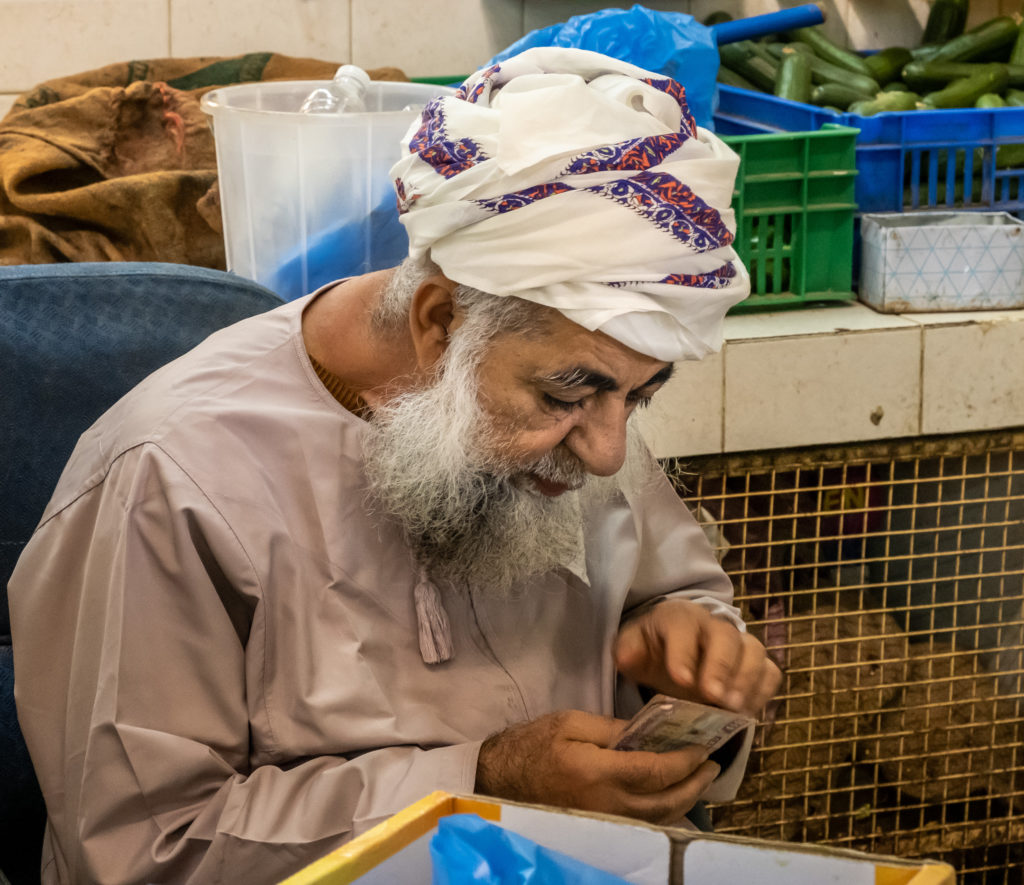
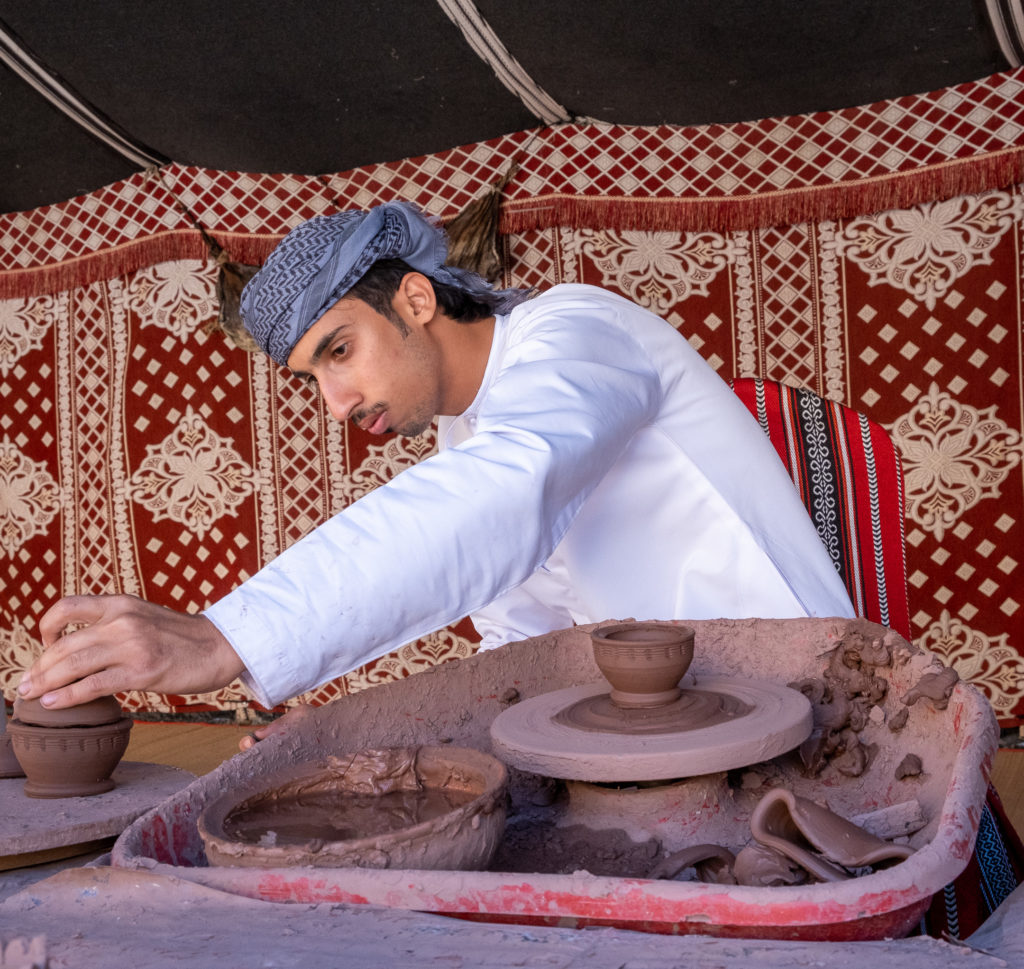
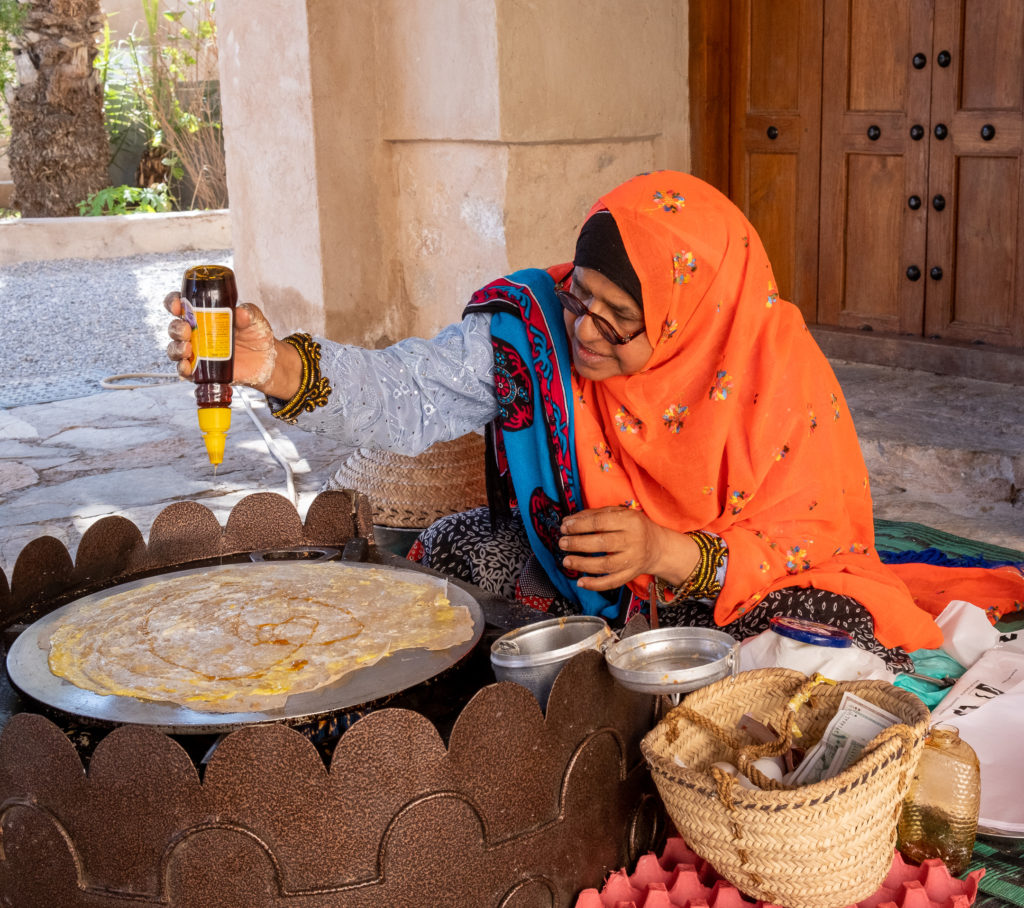
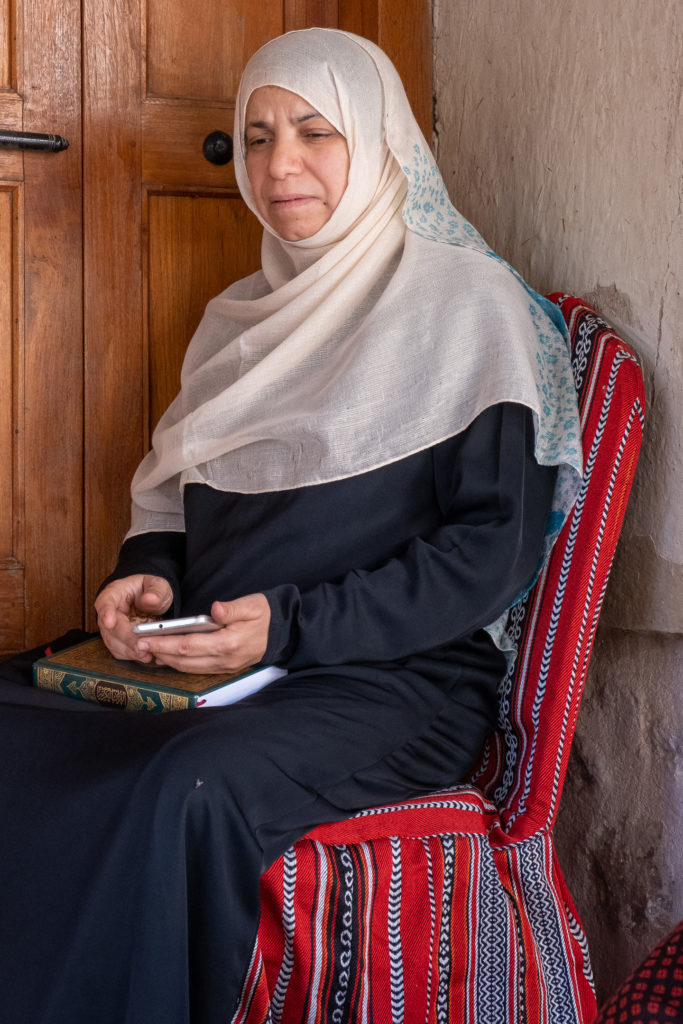
All in all Oman is a country with many charms but also with some serious problems including a looming water crisis. They have a much larger agricultural industry (and thus a much larger demand for water) than other gulf countries and a majority of the fresh water is “fossil” water that emanates from the mountains. We saw no sign of desalinization yet on the Omani coastline though oil and gas is ever-present and a dominant economic force. You can’t drink oil though.
